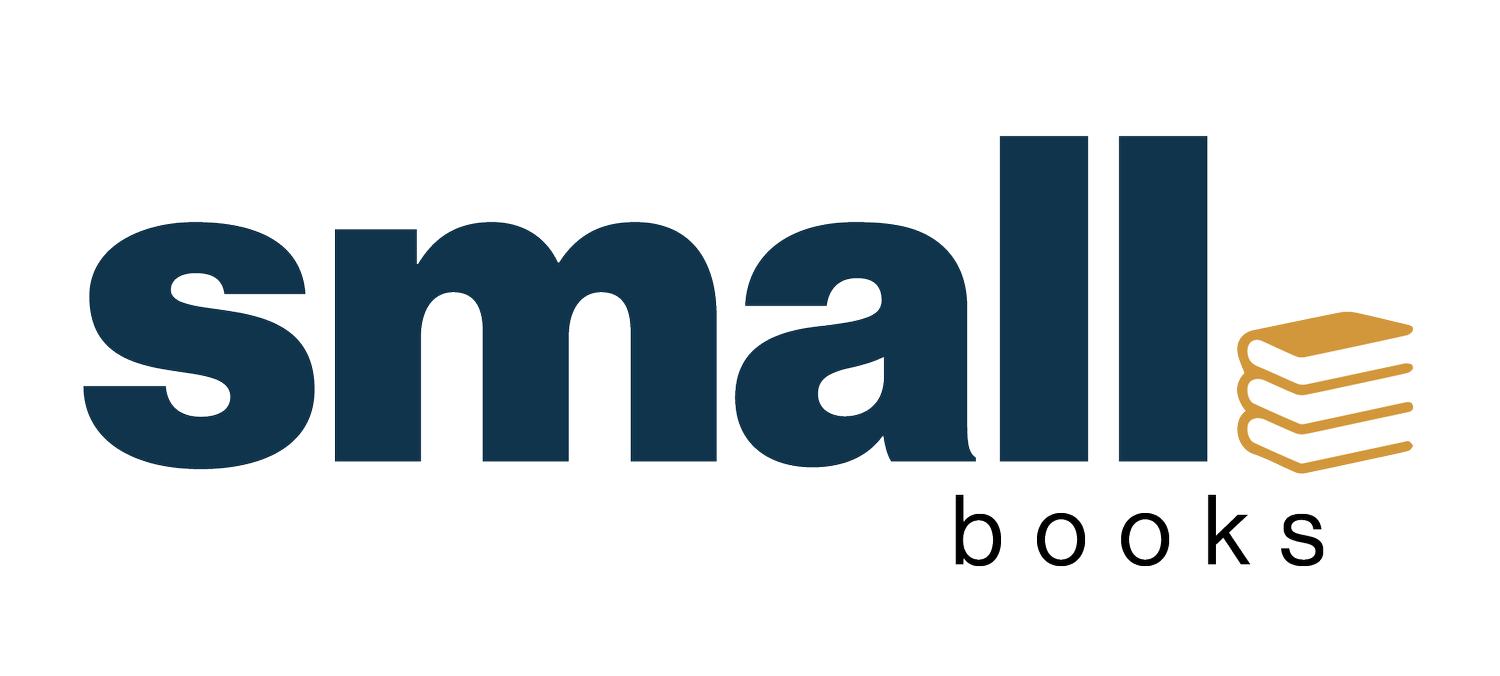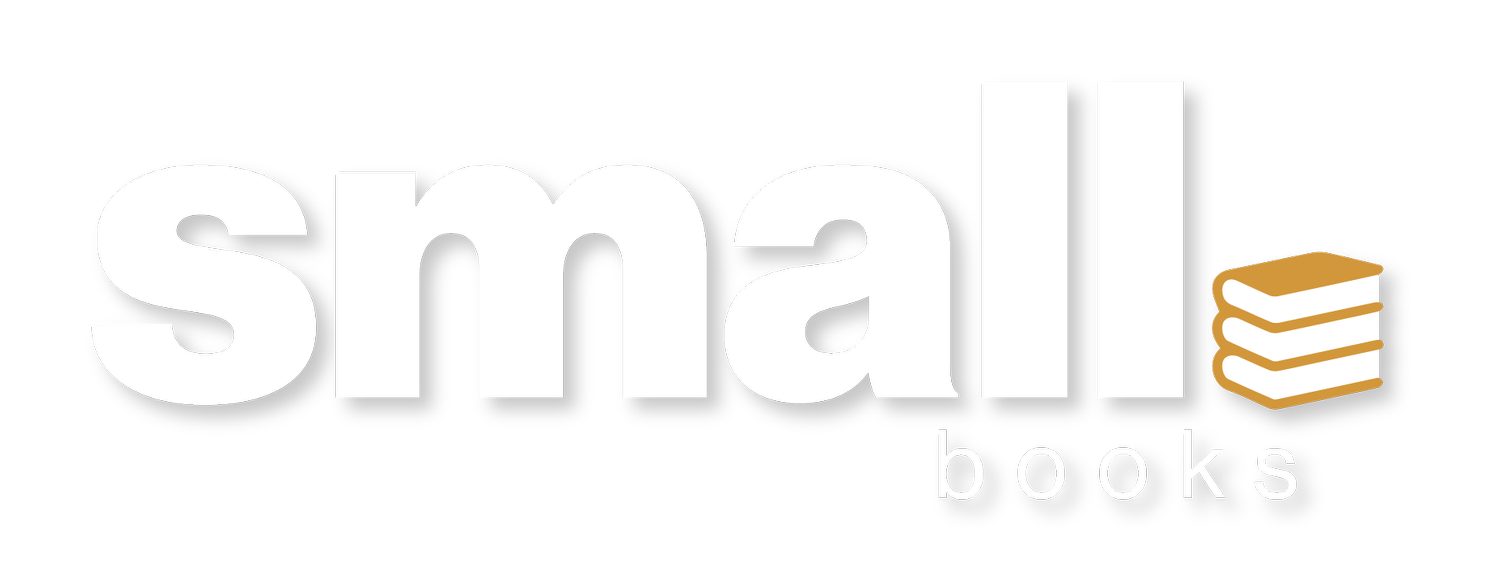Dividend vs. Salary: Which is Better for Your Business And Why?
Recently incorporated your business or thinking about doing so? One of the first things you’ll need to decide is how you are going to pay yourself for all those hours of hard work!
Small business owners in Canada can choose to pay themselves a salary or earn a personal income through dividends.
While there’s no wrong answer, the option you choose will play a role when the time comes to file your income taxes, and ultimately, is dependent on what kind of Canada Pension Plan or retirement savings plan you have in mind for yourself.
This article will examine the differences between salary and dividends, including the pros and cons associated with each.
Contents
Dividend vs. Salary: key differences
Both a salary and dividends provide a source of employment income from a corporation.
Salaries are paid out by the corporation, so they are considered an expense to the business. Individuals who receive a salary will need to be issued a T4 and are responsible for claiming all taxable income on their personal tax return at the end of the year.
As a steady source of income, a salary can also act as a record of consistent financial revenue and make it easier to secure a bank loan for a mortgage or a car or even open a new credit line.
On the other hand, a dividend is the distribution of a set amount of the company’s earnings to some of its shareholders. Dividends are considered investment income, and as such, they are not subject to the standard tax deductions that many employees on salary see on their pay stubs.
Why choose a salary?
As many who have been paid a salary know, your gross salary on paper is never equal to the amount you actually collect via a paycheck.
By law, anyone who earns a salary or a taxable benefit is required to subtract source deductions from the rate of pay for that particular period. Then, those deductions are submitted to the Canada Revenue Agency (CRA).
If you choose to pay yourself a salary, you will likely be responsible for paying into a Canada Pension Plan (CPP), as well as your federal, provincial, or territorial income tax.
It’s important to note that if you own a small business, and your net income exceeds $3,500 a year, you are required to pay double the CPP contribution than if you were a regular employee (both the employee and employer portion of CPP). In this scenario, your business salary can be counted as personal income, and you will also qualify for income tax credits, including medical expenses and child care benefits. Plus, unlike dividends, your business salary will impact your RRSP deduction room.
This choice is ideal for small business owners that rely on mandatory retirement savings. Due to these involuntary contributions that are deducted automatically from earned income, being paid a salary makes it much easier to save for retirement, and plan for your income tax liability to the CRA on your personal income.
To summarize, deciding to pay yourself a salary can provide several advantages, including:
RRSP contribution room: paying yourself via dividends does not allow for this;
CPP contributions: you cannot contribute to a Canada Pension Plan if dividends are paid;
Less surprise tax bills: when the time comes to file your personal taxes, you’ve already paid your income tax, so you’re less likely to see tax charges or tax consequences that don’t add up;
Getting a mortgage: banks like to see a steady source of employment income, and a salary guarantees this, so you may be more likely to qualify for a loan.
How to pay yourself a salary
If you as a small business owner are paying employees or decide to pay yourself a salary, you must register for a payroll account with Canada Revenue Agency on behalf of the corporation. From there, your payments will be subject to source deductions from the corporation that must be submitted to the Canada Revenue Agency (CRA). When you draw a business salary and report it to the Canada Revenue Agency (CRA) as personal income, you will be subject to your personal income tax rate on your salary. This rate tends to be higher than the corporate tax rate, however the salary can be classified as a business expense for your organization and lowers the overall taxable income of the business. You will need to be issued a T4 at year end to claim this income on your personal tax return.
Why choose dividends?
Unlike a salary, which counts as personal income, dividends are considered investment income. Since they are subject to the corporate tax rate, dividends may yield a marginally lower tax rate than what is usually paid on a salary. As a result, many business owners pay themselves via dividends because it often creates less personal tax liability than a salary would. Plus, they come with a special dividend tax credit. However, dividends are not considered a company expense, and will not lower your company’s overall taxable income.
Also unlike with a salary, you do not need to register for a payroll account with the CRA and remit source deductions if you are the sole owner of your company and pay yourself using dividends. This makes choosing the dividend route a good choice for someone who does not want to be forced to contribute to the CPP. Just be aware that dividends do not help build your RRSP contribution room, and if you do not contribute to your CPP, you must have a plan for retirement in place since you will not be relying on the Canadian Government.
In short, dividends allow the corporation to withdraw funds with ease and provide the following key benefits:
Cheaper for owners and employers: dividends don’t require CPP contributions, which brings the tax rate down.
No mandatory payroll: if you own the corporation and have no employees, you can withdraw or invest as much or as little money as you’d like without worrying about registering your business for payroll, or dealing with source deductions.
Dividend tax credit: investors who receive dividends also gain access to a special non-refundable tax credit, in recognition that the tax was already paid on the corporation’s income.
How to issue dividends
First, dividends are declared. Next, the cash flows from the corporate account to a shareholder’s personal account (as a business owner, this could be your employee). Finally, much like how those on a business salary receive a T4 slip during tax season, any shareholders must receive a T5 slip on behalf of the corporation. According to the CRA, when preparing dividends for you and/or your shareholders, you must also prepare and file individual T5s for every individual who receives one.
However, dividends can be tricky, as they are issued and paid based on share ownership. If there are multiple shareholders who own the same class of shares, it can become challenging to allocate different amounts of income.
Reduce tax burdens with child and spouse dividends
Though dividend taxes are already generally much lower than salaried taxes, tax savings can be further generated when business owners use dividends to split income between eligible children aged 18 and older.
Small business owners and entrepreneurs who set up salary dividends can set up a family trust, legally acting as a shareholder of the corporation.
As a shareholder, that family trust can thus earn dividends, and those dividends can be paid out as net income to your spouse or adult children.
Once it’s time to file tax returns, those supported by the family trust will pay little to no taxes (unlike a regular salaried employee in a family business) due to exemptions from CPP deductions and RRSP deductions, as well as tax credits.
Is one method better than the other?
Canadian corporations have two options to consider when it comes time to getting paid. They can pay themselves a business salary, or they can use dividends.
There is no right or wrong answer when selecting a method to generate cash for the corporation; simply put, it comes down to your unique personal obligations and financial goals.
A salary is a popular option for many. It allows for CPP and RRSP contributions, which can help out with various lifestyle factors, like planning for retirement or putting away savings.
On the other hand, dividends are also a good choice due to their flexibility and often lower tax rates. Before you choose either, it’s always a good idea to go over your long-term business goals to ensure that whichever way you go, it’s a smart investment for you and your business.
Are you looking for more insight into managing your bookkeeping or company finances?
We can help! Contact Small-Books today, or learn more via our handy blog.
What's Small-Books?
We're an online bookkeeping service powered by real humans. Small-Books gives you a dedicated bookkeeper supported by a team of knowledgeable small business experts. We’re here to take the guesswork out of running your own business—for good. Your bookkeeping team imports bank statements, categorizes transactions, and prepares financial statements every month.



